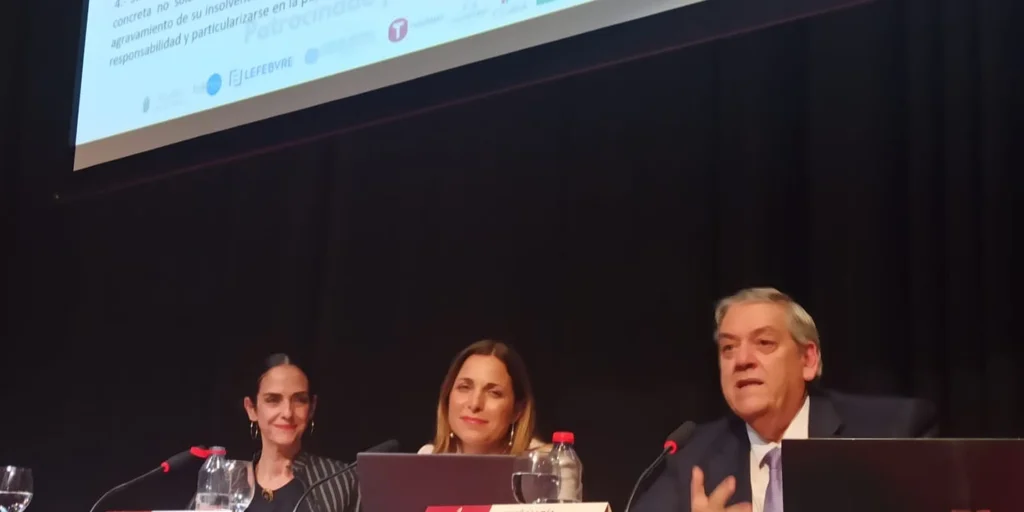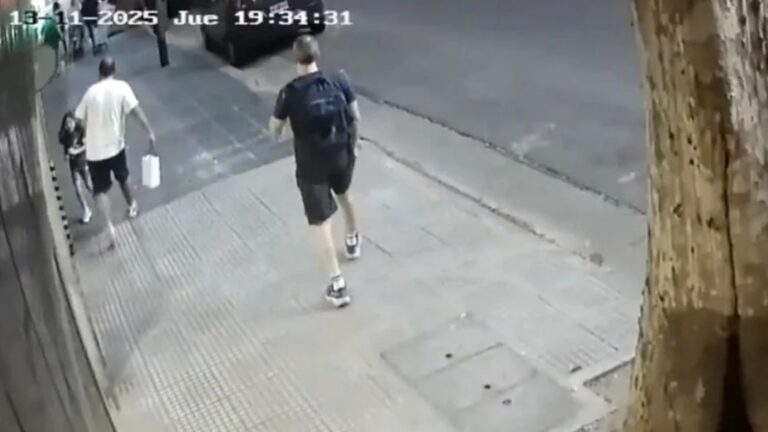
Jose María Puerez Valencia and Idoia Azpeitia Alonso, lawyers specializing in second-chance law They warned this Friday that exempting the public credit would mean a “curtailment of rights” and that “a number of judgments” currently allow for protection of the public credit. … Habitual residence in this type of proceeding.
José María Puerez Valencia and Idoia Azpeitia Alonso joined the Committee on Housing, Second Opportunities and Public Credit this Friday. I Seville Bar Councilpresented by Alberto Pérez Miranda Castillo, Vice-President of the University Management Committee, and moderated by lawyer Cecilia Franco Romero.
Lawyer Cecilia Franco presented the prolegomena of the issue.Research on second chances that allows individuals, including the self-employed, to overcome “financial failure” And it gives you “the possibility to get your life back on track and even take risks on new endeavors without being dragged into debt indefinitely that you can never repay.”
This is a legal mechanism that is becoming increasingly attractive today, and is based on the premise that without measures of this nature, society may not only prevent the debtor from being encouraged to take up new activities to improve his situation, but also from simply perpetuating the debtor in the normal cycles of the economy. According to the law itself, “this is clearly not in favor of the debtor himself, but it is also not in favor of the creditors, whether public or private.”
In this sense, Cecilia Franco highlighted José María Puérez Valencia and Idoía Azpeitia Alonso as follows: “The Rolling Stones of the Second Chance”due to the great expertise in the subject matter of these legal experts.
José María Puerez then delved into the relative issues in the treatment of public credit in insolvency proceedings involving individuals, defending that European directives and legislation on second chances enshrine it “as a right” and refer to: “Complete debt forgiveness” It is regrettable that in Spain, “adaptation,” which exempts people from public credit by claiming “solidarity” with ordinary people, is being promoted.
In his opinion, it is “unreasonable” exceptions, meaning “creating obstacles” and “restricting rights” in the application of the said law; In particular, since public debtors do not qualify eminently as “debtors in bad faith.”
Idoia Azpeitia Alonso examined in detail the status of habitual residence in these types of proceedings, arguing in particular that: The European Convention on Human Rights and the Court of Justice of the European Union provide for “protection of habitual residence”. Therefore, in the case of bankruptcy where preservation is not granted, a “violation” of these basic rules occurs.
Idoia Azpeitia Alonso therefore called on the legal profession: “See Doctrine” of the CJEU and the European Convention on Human Rights This is to defend the “positive duty” to protect habitual residence in this type of proceeding.
Thanks to the “evolution of jurisprudence,” especially at the European level, as he pointed out, “In cases of this type, “multiple penalties” are imposed in favor of protection of habitual residence.



